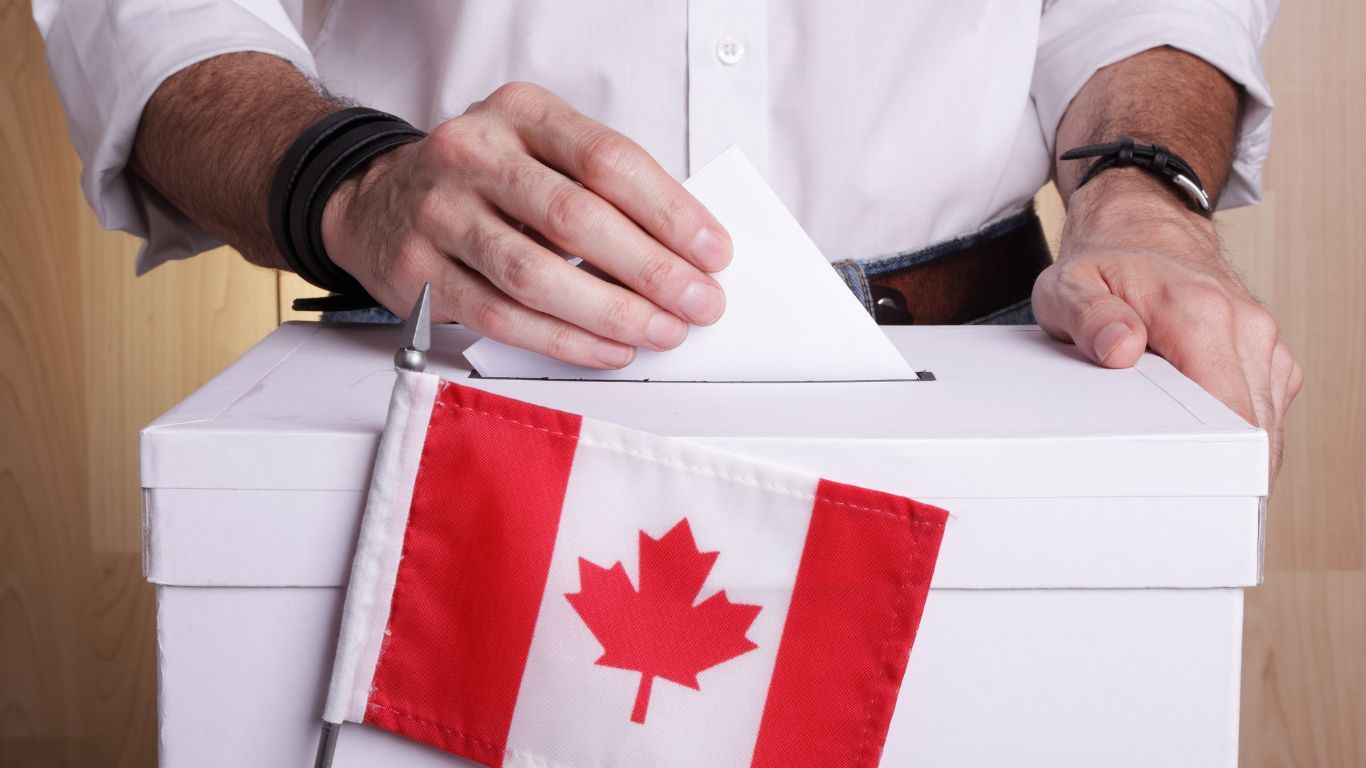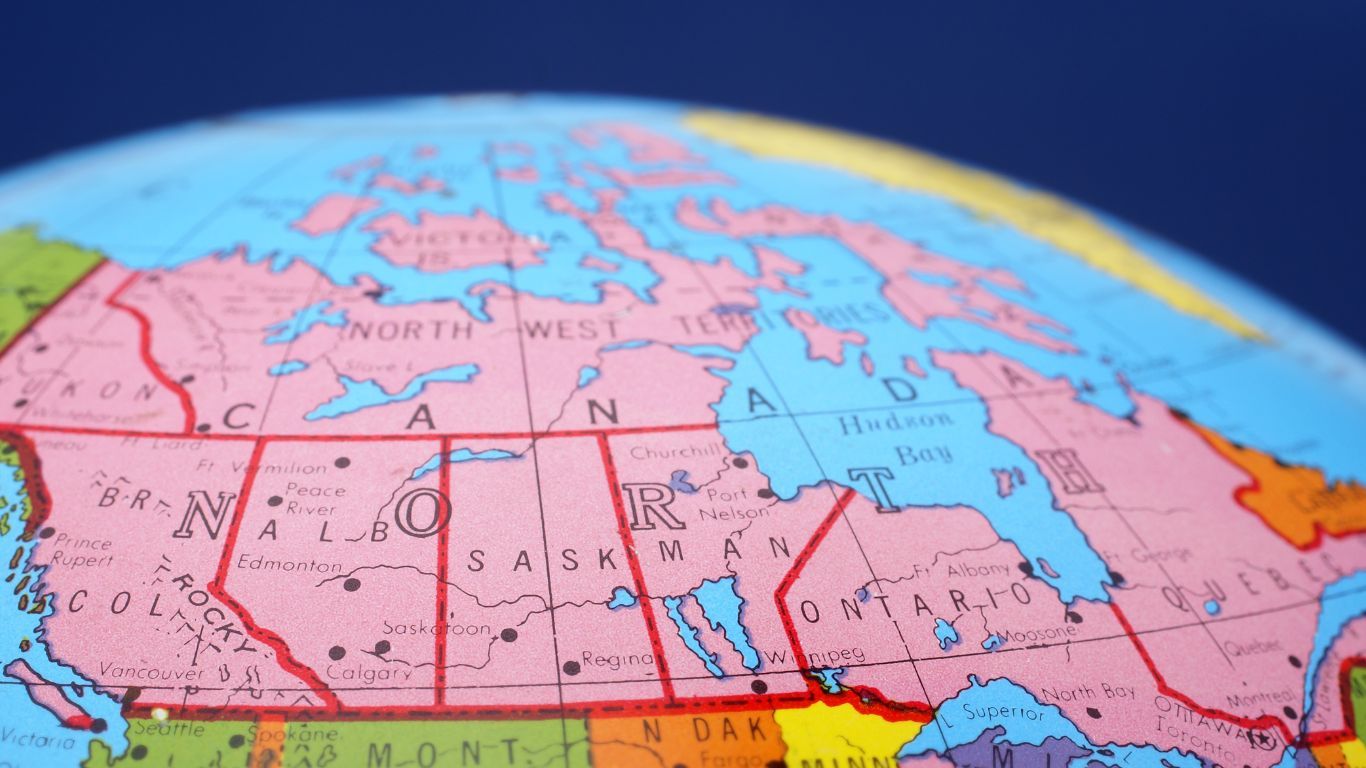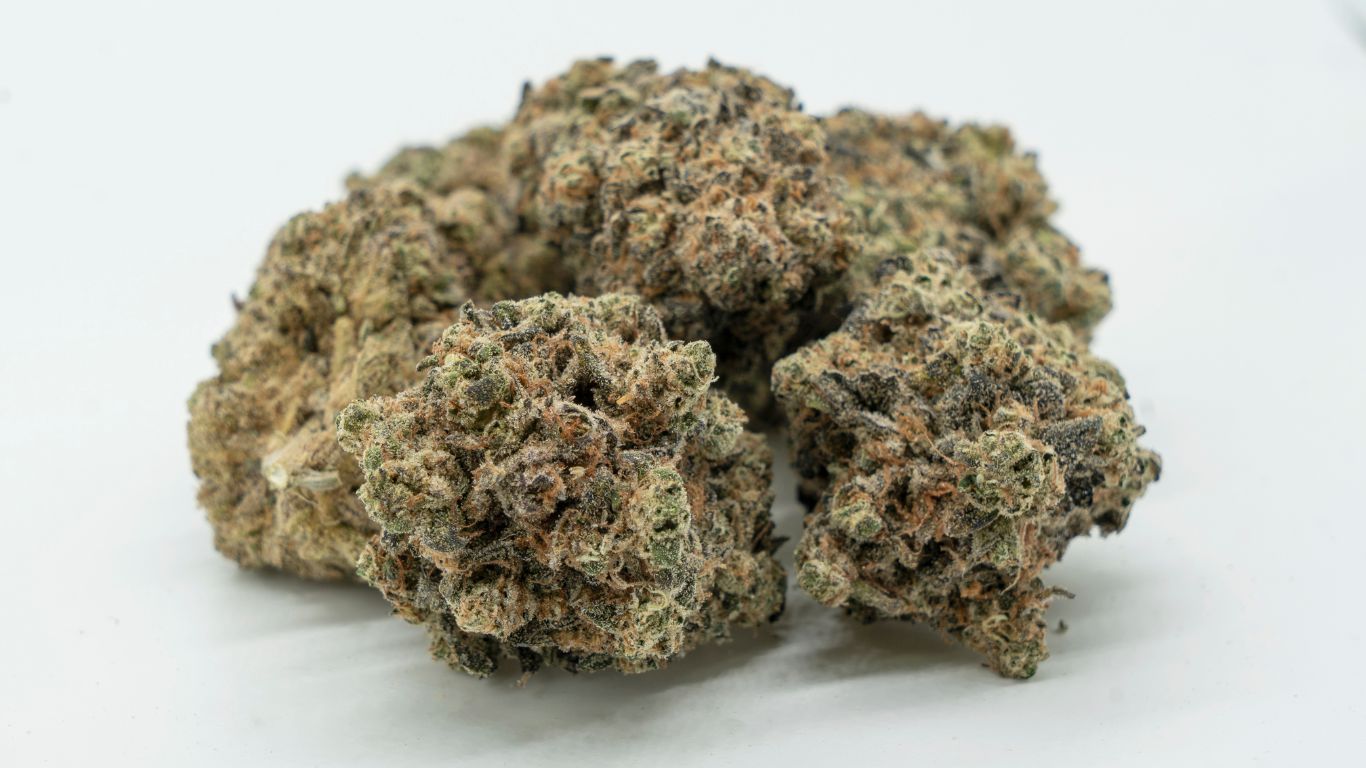
One BC MLA says they want answers about what they say is uneven enforcement of provincial law when it comes to cannabis retailers on First Nations’ land in BC, while the BC government said the issue is complicated.
Greg Kyllo, a BC Liberals MLA representing the Shuswap, says the presence and even proliferation of unregulated retailers in BC, especially on First Nations’ land, creates an uneven playing field for legal retailers who take the time and resources to follow provincial law.
Although BC’s Minister of Public Safety and Solicitor General Mike Farnworth says the province’s Community Safety Unit, tasked with enforcement against illicit retailers, has done more than 276 inspections and engaged in enforcement action nearly 50 times, and seized almost $8 million worth of product, Kyllo says he has seen little to no enforcement of retailers on First Nations’ land.
Kyllo says his constituents, some of whom are legal cannabis retailers, are frustrated.
“The challenge that I am seeing: as a local MLA – with countless stores, legal operators that have reached out to my constituency office, expressing significant concern about the unfairness – I’ve been told that it’s upwards of $500,000 in capital costs and upwards of two years in order to apply and obtain a licence. In order to be able to sell cannabis legally in this province, it’s a significant outlay.”
“What does the minister say to those operators that are following the letter of the law, doing what government has set out for them, yet being put in a position where they’re on a very unlevel playing field and losing significant market share to these illegal operators? What does the minister say to the legal operators that are taking a financial hit, unable to compete in a marketplace where they’re competing with illegal shops and where the minister and the CSU unit are standing idly by, choosing not to take enforcement action on these illegal operators?”
In response, Minister Farnworth says the issue of enforcing provincial law on First Nations is challenging, as the province is leery of triggering court challenges that could potentially have a major impact on provincial and Indigenous law.
Although the province takes the position that BC’s Cannabis Act is a “law of general application”’ that applies to all of British Columbia including First Nations’ land, Farnworth says there is a concern that this interpretation could be “tested” by actions such as enforcement.
“With cannabis, like a number of other issues when it comes to First Nations, our view, the province’s view, is that yes, they are laws of general application,’ said the Minister. “Just as with some other issues, First Nations have said, ‘No. These are areas of our jurisdiction,’ and that’s both at the provincial level and at the federal level.”
“As the member will no doubt be aware, on numerous occasions, these are often tested in court, sometimes with a decision that, yes, they do come under First Nations jurisdiction, and that has far-reaching effects.
“When you have an issue where there is a dispute over jurisdiction, as a number of First Nations have indicated,” continues Farnworth, “- it is their view that cannabis comes under their jurisdiction – this is a complex and complicated situation. It is something that has not just arisen. It has been around for a while, and we are working with First Nations to be able to deal with that. It’s why one of the ways in which we are encouraging legal production or legal retail is through the use of Section 119 agreements under the Act, which were designed to do just that.”
Minister Farnworth, the province’s external lead on the cannabis file, says that in addition to enforcement the government continues to also use an educational approach to try and deal with illicit operators. But Kyllo says the time for steps beyond education are required, especially given the steps regulated retailers have to take to participate in the industry compared to unregulated operators.
“It’s the CSU unit that this provincial government has absolute responsibility for, and what concerns me is the enforcement seems to be selective, but if the law is being breached, then the CSU unit should be taking enforcement action,” Kyllo told StratCann in a telephone interview. “Minister Farnworth says the education component is working, but if the education component is working we wouldn’t see a continued proliferation. How else can they explain it? Of all the instances of enforcement action against different stores, to my understanding there has been only one enforcement action on First Nations land.”
“This government has determined and set out the rules,’ he continues. “In order to comply, it’s a very rigorous process with background checks and very specific requirements for provisions for insurance, safety protocols, security protocols, all of these requirements these stores have had to go through. That the government put the legislation forward here in British Columbia and is then letting others to continue to operate in that space without enforcement actions is very concerning.”
“I never thought the approach would be to not enforce the law as it stands. If there is a concern with the application and jurisdiction, then that should be tested in the courts. If they are concerned about the jurisdiction, they should proceed with enforcement action, then it’s up to the First Nations to test that in a court of law. But they haven’t done that. So the sooner we can see enforcement action, the sooner they can challenge it, and the sooner we can have some clarity on the issue of jurisdiction, rather than the government standing by and allowing this to proliferate, which is a problem.”
In the committee meeting, Minister Farnworth said that the legal system in BC is currently satisfying about half of the total market demand less than two years into legalization and that their approach to both the carrot and the stick of education and enforcement will continue to get closer to 100%.
“According to the latest survey I saw, more than half the cannabis sold in British Columbia now is sold legally, as opposed to three years ago, when 100 percent was sold illegally. You know, all of this is still new. We are engaged in enforcement. You step things up out of the educational phase into the actual enforcement phase; we will continue to do that. We know there are some areas where, as I said, there are challenges, and we are constantly looking at ways to address those challenges, just as other jurisdictions around the country are.
“I can tell you, for example, that in the state of Colorado, it took four years for the legal share of the market to reach 70 percent. We are, I think, just approaching not quite two years into it here in British Columbia. But I want you to know that enforcement continues and will continue to be a priority.”
In an email to StratCann, the BC Ministry of Public Safety and Solicitor General says they are unable to confirm the total number of illicit retailers in BC and that the although the BC government sees the federal and provincial cannabis regulations as applying to First Nations’ land, they are also committed to reconciliation and working with these communities to find common ground on the issue.
“The number of illegal unlicensed cannabis stores operating in British Columbia is dynamic. Illegal unlicensed cannabis stores open and close on a regular basis and temporary cannabis stores can pop-up without our knowledge,” a representative for the Public Affairs Officer with the BC Ministry of Public Safety and Solicitor General wrote in an email to StratCann. “Given the variability of the illegal cannabis market, the Community Safety Unit (CSU) is unable to confirm the number of illegal unlicensed cannabis stores in any specific time period.
“The federal Cannabis Act and B.C.’s corresponding provincial cannabis laws, including the Cannabis Control and Licensing Act, are laws of general application that apply across the province, including on reserve and treaty settlement lands.
“The Province acknowledges that some Indigenous nations may have differing views with respect to federal and provincial cannabis frameworks, and recognizes that there is uncertainty associated with any court case. The Province is also committed to reconciliation, building positive relationships with Indigenous governments, understanding where they have different perspectives, and, where possible, collaborating to find resolution. These efforts are balanced against the need to ensure that the legal and regulatory framework for cannabis is implemented across the province and in alignment with federal laws.
“The CSU works to make connections with Indigenous communities and considers their views and interests when carrying-out compliance and enforcement activities, including reaching out to build relations with Chief and Council.”
This article has been edited to include comment from the BC Ministry of Public Safety and Solicitor General











